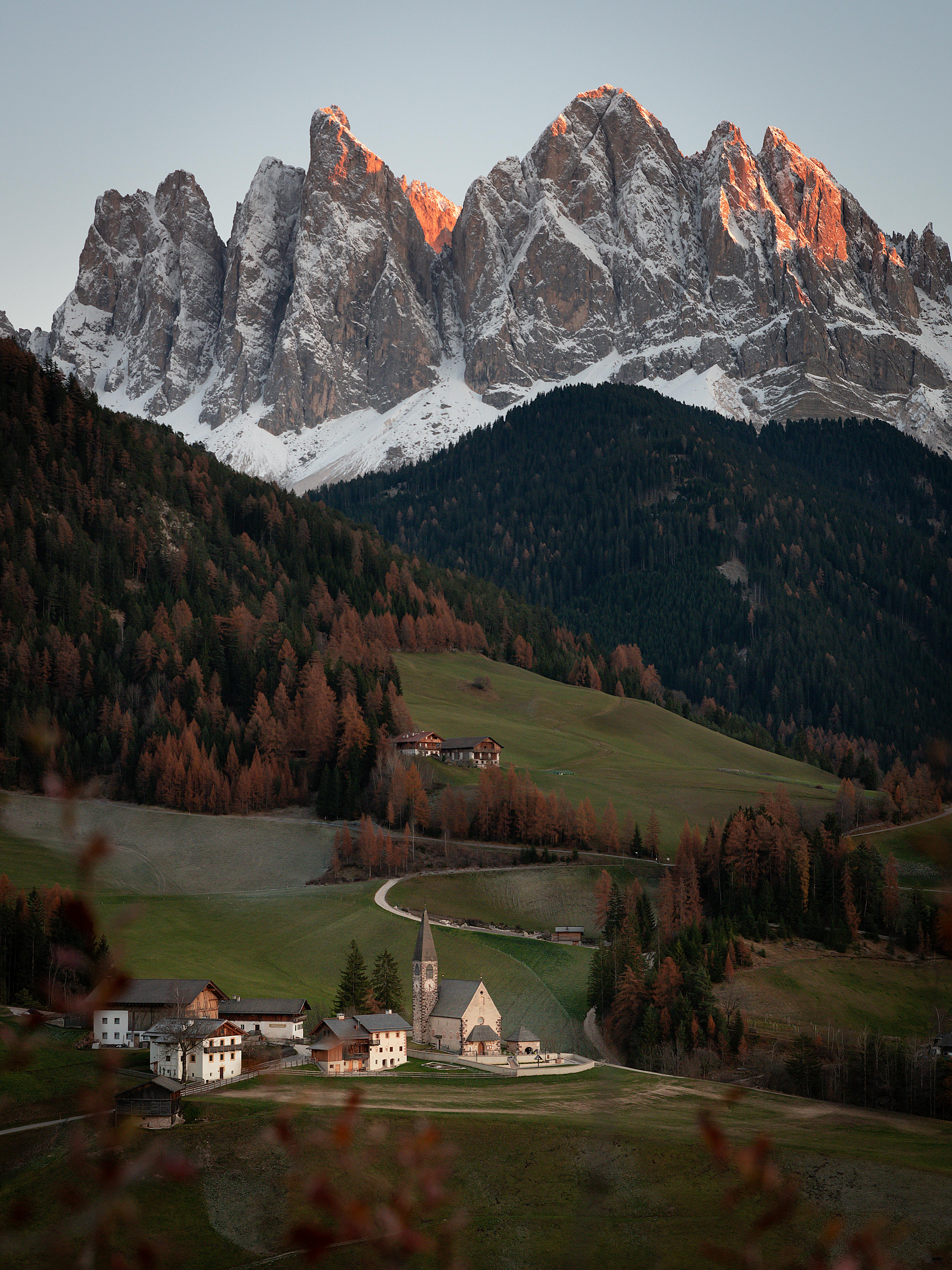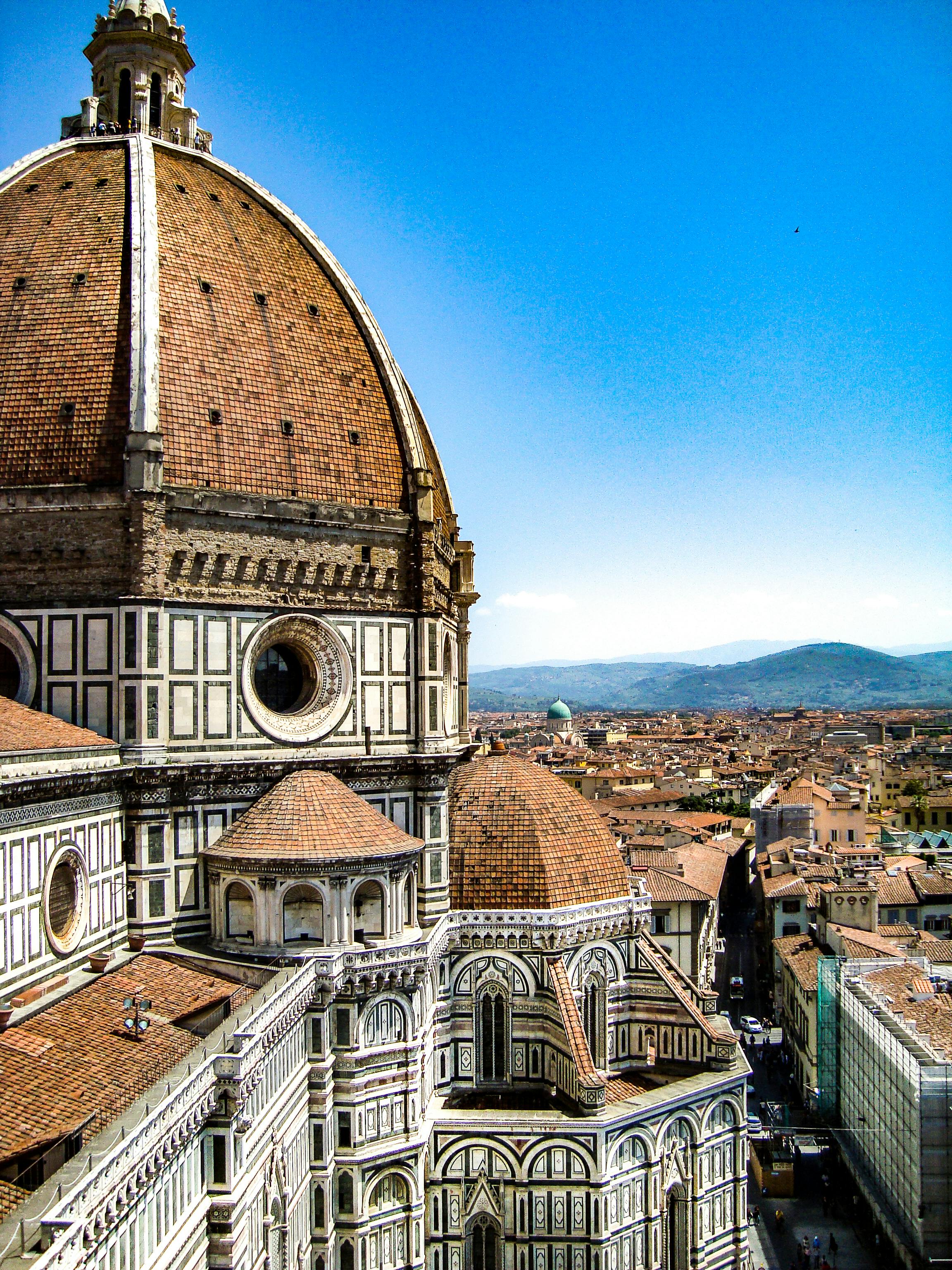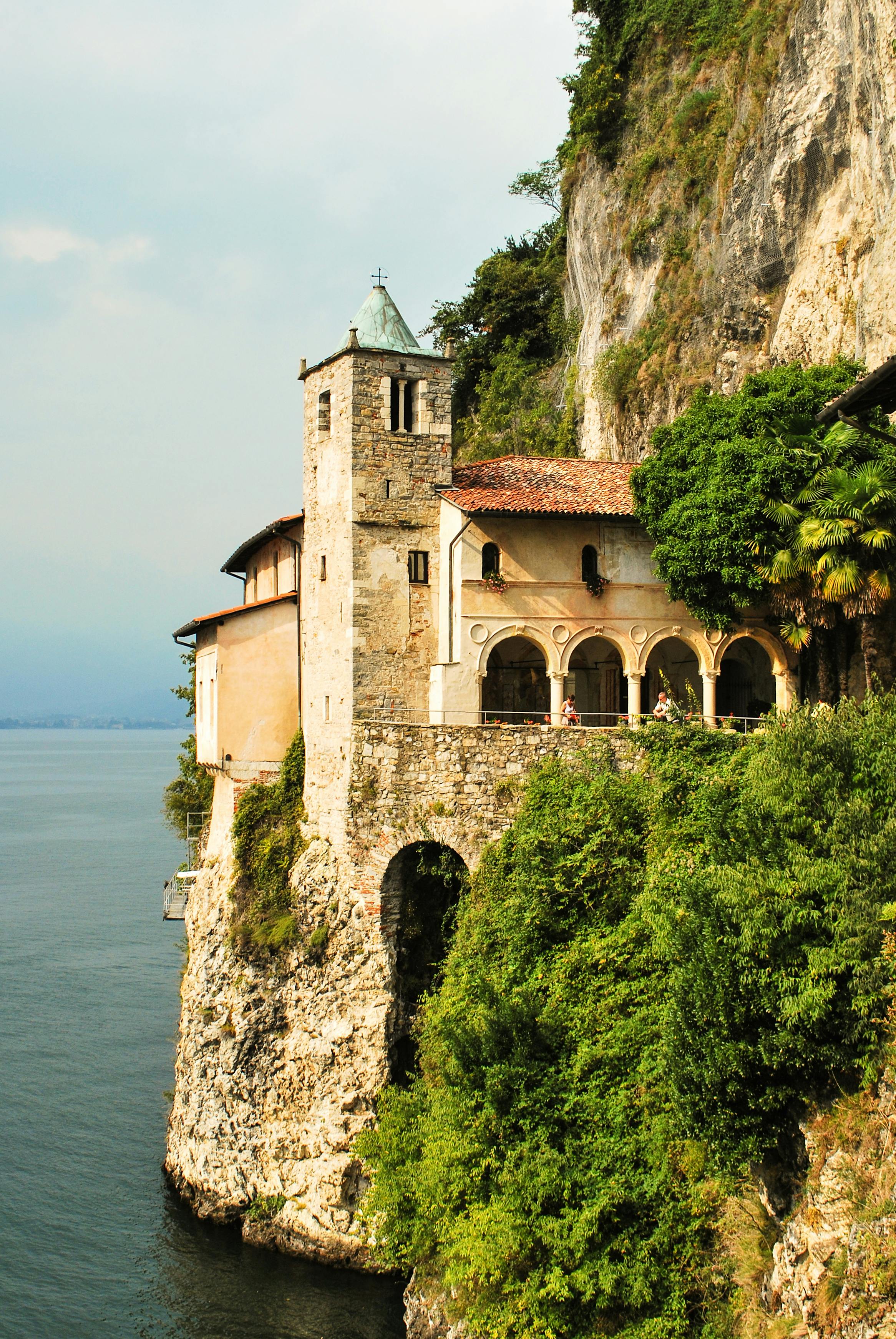Italy’s Golden Visa program grants residency through qualifying investments in government bonds, philanthropic initiatives, or Italian companies. Processing usually takes three to four months and provides Schengen mobility, access to Italy’s tax incentive programs, and a clear pathway toward long-term residency and eventual citizenship within the European Union.

Italy’s Investor Visa (aka Golden Visa) is an appealing residency-by-investment program in Europe. Launched in 2017 to boost foreign investment, it allows foreign investors like yourself to obtain a permanent residency, and eventually a citizenship after you meet long-term residence requirements.
Through this program, non-EU investors and their families can secure the right to live in Italy in exchange for a qualified investment, enjoying Italy’s high quality of life and strategic location in the EU. Italy’s Golden Visa has been gaining popularity among those seeking European residency with the possibility of one of the world’s strongest passports in the future.
Minimum Age: 18
Investment Options:
Additional Fees:
Processing Time:
Visa-Free Access:
Applicant Nationality: non-EU/EEA/Swiss National
Residency Requirement: No minimum stay required
Italy’s Golden Visa residency program allows investors and their families to freely travel across all the Schengen Zones without a visa. In addition to this, once investors obtain their citizenship after their 10-year residency requirement, they will become a citizen, meaning they will have visa-free access to 198 countries across the world.
Italy’s Golden Visa program allows you to obtain a residency quickly and set you up on the right path to citizenship. After 5 years of legal residency, you will qualify for a permanent residence status in Italy and apply for an Italian citizenship. You will also be able to keep your original nationality as Italy allows dual citizenship. As an Italian/EU citizen, you will be able to work, live and study anywhere within the European Union. You also gain access to the EU’s public healthcare and education system.
With no minimum stay requirements to maintain your initial residency permit, you can remain flexible and not have to relocate for months to maintain your residency. It's great for those who are looking for an EU residency but cannot relocate immediately. (For a permanent residency and citizenship later, you will need to stay spend substantially longer than this)
Italy is a member of the G7 with the Euro as its currency and a large economy. It has one of the biggest markets in Europe with a strong economy backed by a stable political environment and framework. Expats find Italy welcoming, and its legal system offers strong protections for property and business. In addition, Italy’s strategic location in the Mediterranean and its infrastructure provide excellent connectivity to the rest of Europe.
Italy has favourable tax regimes that are appealing to many foreign investors. New residents can choose to pay a lump sum of €100,000 per year (+€25,000 for each additional dependent) on all foreign income instead of the regular taxes. You can do this for 15 years to reduce your tax burden when moving to Italy
Italy offers an incredible quality of life and is known for “la dolce vita”, translated in English as “the sweet life”. You get to enjoy a wonderful mediterranean climate, amazing cuisine, rich history, culture and a relaxing lifestyle. Italy has the most UNESCO World Heritage Sites in the world, great public services and great international schools and universities. Obtaining a Golden Visa from Italy means that you and your family get to enjoy a safe, culturally rich European way of life.
Invest at least €2 million in Italian government treasury bonds. The investment must be maintained for a minimum of 2 years. This option is essentially a contribution to Italy’s government financing; after holding the bonds for 2+ years, you may liquidate them (if you do so after obtaining the visa, you would need to reinvest or you risk losing the residency at renewal). Government bonds are seen as a lower-risk investment backed by the Italian state.


Invest a minimum of €500,000 into the capital of an Italian limited company (an S.p.A. or S.r.l. that is incorporated and active in Italy). The company can be in any sector, but it must be an operational business (not a shell). The investment can be made by purchasing equity (shares) or quotas of the company, and it must be held for at least 2 years.


Contribute a donation of at least €1 million to a public interest project in Italy. Eligible donations must support areas such as culture and heritage preservation, education, scientific research, public arts, immigration relief, or the restoration of Italy’s natural and artistic assets. The funds must be donated to a recognized Italian nonprofit or governmental entity, and the donation is non-refundable.
Throughout this process, our team will assist at every step , from gathering documents, liaising with government portals, to coordinating the investment execution and guiding you through residency formalities in Italy.
How long does it take to get Italian citizenship through the Investor Visa?
The Golden Visa program itself grants residency quickly (in a few months), but citizenship is not immediate. You can apply for Italian citizenship after 10 years of legal residency in Italy. This is the standard naturalization timeline in Italy. In other words, an investor who moves to Italy and maintains residency can become eligible for citizenship 10 years from the start of residence. (Note: citizenship also requires passing a B1 Italian language test and meeting integration criteria.) Some investors choose to maintain the visa as a way to have EU access without full relocation, but to get the passport you will need to reside in Italy long-term.
What is the minimum investment for Italy’s Golden Visa?
The minimum investment amount is €250,000, which is the threshold for the innovative startup investment option. This is the lowest-cost route. The other options require €500,000 (company shares), €1,000,000 (donation), or €2,000,000 (government bonds). All four options qualify equally in terms of granting you the investor visa – you only need to choose one. €250,000 in a startup is thus the smallest investment that can get you Italian residency by investment.
Does Italy allow dual citizenship?
Yes. Italy permits dual citizenship, which means you can obtain Italian citizenship (after the required residency period) without losing your original citizenship. Many investors appreciate this, as it allows them and their family to enjoy an Italian/EU passport while retaining the rights of their home country. Always confirm that your home country also allows dual citizenship, but Italy itself imposes no restriction on dual nationality.
Do I need to live in Italy to keep my residency?
No – unlike some other golden visa programs, Italy’s Investor Visa does not mandate a minimum stay. You are not required to live in Italy full-time to maintain the residence permit. As long as you maintain the investment and renew your permit on time, your residency remains valid even if you spend most of the year outside Italy. This flexibility is a major benefit. However, if your goal is to achieve permanent residency or citizenship, you will eventually need to actually reside in Italy (5 years for permanent residence, 10 years for citizenship). But purely to keep the temporary 2-year/3-year permits, there is no specific day-count requirement per year.
Can I qualify by buying real estate in Italy?
No. Real estate investment is not an eligible category for the Italy Golden Visa. Unlike golden visas in some countries, you cannot simply purchase a house or property in Italy to qualify for this residency program. Italy’s investor visa focuses on financial investments or donations that benefit the economy (bonds, companies, startups, or philanthropic contributions). Of course, you are free to buy property in Italy as a foreigner, but it won’t count toward the visa criteria.
What documents are required for the application?
You will need to prepare a comprehensive set of documents for the Italy Investor Visa application, including:
All documents not originally in Italian (or English, in some cases) must be accompanied by an official translation. You will submit scanned copies for the initial Nulla Osta application, and later present originals at the consular visa interview. Our team will provide a detailed checklist and help you gather and translate all required documents to ensure a successful application.
Contact us for expert assistance with your Italian Investor Visa application. We have extensive experience guiding investors through Italy’s Golden Visa process – from choosing the right investment, preparing documentation, to settling in Italy. We’ll make your journey to Italian residency smooth and hassle-free. Contact Us
Adding {{itemName}} to cart
Added {{itemName}} to cart